 By Albert Einstein’s calculations, everything is energy. Although our ability to “read” the energy that surrounds us wasn’t part of his equation, most of us do possess that gift. We walk into a room or meet someone new, and we can instantly discern whether the invisible energy and vibrational frequencies in that space or around that person resonate with our vibe.
By Albert Einstein’s calculations, everything is energy. Although our ability to “read” the energy that surrounds us wasn’t part of his equation, most of us do possess that gift. We walk into a room or meet someone new, and we can instantly discern whether the invisible energy and vibrational frequencies in that space or around that person resonate with our vibe.
As immortal souls who are temporarily having a human experience, we don’t see energy as good or bad, but as light or dark. Light energy emits a brilliant, free-willing, powerful, attractive, truthful-loving, generous, and life-giving vibration. By contrast, dark energy casts a heavy, oppressive, commanding, forceful, dishonest, fearsome, avaricious, and untrustworthy vibe.
Does that mean dark energy is “bad”? I do not think so. Like many others, I see dark energy as a fascination. OK, sometimes it’s also annoying. But as Joseph (of “Technicolor Dreamcoat” fame) reportedly said in Genesis 50:20, “You meant evil against me, but God meant it for good.” In other words, dark energy can be a tool, a barbell that can strengthen our spiritual muscles for our Highest Good.
I know, you’re wondering what this has to do with Donald J. Trump. Everything, actually. And nothing. Let me explain:
Super-size that dark energy, please!
In Drama Queen Workshops, we act on the premise that all energy is “good.” We draw that conclusion from another premise: Every soul has a good reason, a purpose, for being on Earth’s stage right now. And every prominent member of our cast, from intimate lovers to complete strangers, is here to help us fulfill the purpose we established for this incarnation. Even if our interactions are painful or even traumatic, they serve the soul’s purpose. Perhaps they repay old karmic debts or they are so jarring or traumatizing that they speed our awakening or ascension.
 Think of purpose as the motivating force behind our lifetime dramas, the scenes we scripted prior to slipping into these human body costumes. Wait. What? Did I say you scripted your miserable lifetime? I did.
Think of purpose as the motivating force behind our lifetime dramas, the scenes we scripted prior to slipping into these human body costumes. Wait. What? Did I say you scripted your miserable lifetime? I did.
Consider the possibility that Life is eternal, and anything that does not last forever—such as everything in the physical world—is not real. What if, as the offspring of an invisible, invincible, immortal, and equitable energy often called God, you were granted free will to create anything and do anything you wanted? But there’s a caveat: Whatever you do will be done to you; i.e., Karma will balance your actions.
With all eternity to live, what if billions of souls created a hellish physical universe to test our embrace of this simple principle and to practice instantly activating our Light in darkness?
The vibration in the physical universe is so slow, high-vibrating souls must wear low-vibrating human body costumes to be visible. These bodies are so dense, they add another challenge: We forget why we came. Invariably, we treat others in ways we would not want to be treated—and we must return to the hellish world and try to balance our behavior.
To successfully restore balance, the timing of our return is important. To accelerate our ascension to higher realms, ambitious souls return when the drama on Earth is peaking. There is a churning sea of dark energies: incivility, hypocrisy, lawlessness, corruption, deception, cruelty, misogyny, violence, disdain for truth, reverence for lies, greed, power struggles, and wars.
Before re-entry, we knew that America was the perfect stage on which to play. According to the master script, the country’s ghastly inhumane roots would burst through the thin layer of concrete that had barely obscured it for decades. It was an encore of a previous time—and an optimal time for us to re-enter to repay debts we owed from that visit. Perhaps we should wear costumes of a different color than our previous ones. As a bonus, we could perfect our godly-forgiveness proficiency.
 It served our purpose for anti-Christian energy to be on Earth. We knew the dark energy of a malevolent and malignant narcissist would attract souls who shared his beliefs and longings. We knew he could lure hoards of dark energies into public spaces by declaring himself their savior. Only he could unmask their racial hatred and religious hypocrisy. Souls who failed to learn the “let he who is without sin” lesson would amass karmic debt by trying to force women to give birth against their will. They would guzzle and amplify his lies and believe only “alternative facts”. These dark energies would pack huge venues; some would even sacrifice their bodies to attend.
It served our purpose for anti-Christian energy to be on Earth. We knew the dark energy of a malevolent and malignant narcissist would attract souls who shared his beliefs and longings. We knew he could lure hoards of dark energies into public spaces by declaring himself their savior. Only he could unmask their racial hatred and religious hypocrisy. Souls who failed to learn the “let he who is without sin” lesson would amass karmic debt by trying to force women to give birth against their will. They would guzzle and amplify his lies and believe only “alternative facts”. These dark energies would pack huge venues; some would even sacrifice their bodies to attend.
Trump was the perfect barbell for souls whose purpose for this lifetime was to actively proclaim our discipleship to the energies of Light, Love, Truth, Peace, and Civility. He shook us from the comfort of our complacency and strengthened our resistance muscles. He also was the perfect catalyst for America to begin repaying its longstanding karmic debt. The country prospered from inhumanity, avarice, violence, dishonesty, and theft. The same values are destined to lead to its downfall.
We peacefully marched, actively protested, and filled polling places—for four human years. With every hurtful act he committed, we grew more furious. We hated everything he did, all the relationships he destroyed, and families he tore apart, not only at our southern border but at our dining room tables. We hated what he had done to our country, our air, our water. We hated the racism, the lawlessness, and corruption. We hated the media outlets, lawmakers, and sycophants who blithely championed unChristlike Christianity.
We awoke each morning, reaching for our phones to see what despicable thing he had done while we slept. He lied about COVID-19, urging his followers to act as if it wasn’t serious. Wearing masks would remind everyone that a problem existed and he could not save them. Millions contracted the disease. Hundreds of thousands died. America, with four percent of the world’s population, had nearly 25% of the coronavirus cases. We hated him more. Then, he led an attempted coup, leading to five deaths and dozens of injuries.
We were so outraged and distracted, we didn’t notice that his dark energies—hatred, anger, and fear—were slowly dimming our Light and they were threatening to derail one of the prime purposes for this lifetime: to perfect the practice of shining our Light to disperse dark energies. Mercifully, the Great Light whispered this reminder to writer and poet D. A. Schulman. He shared it online: 
We were ready to let go of hate, too. Our inner light began to flicker, then glow. We remembered that we created Trump’s dark energy drama. Now, we thank him for serving our purpose.



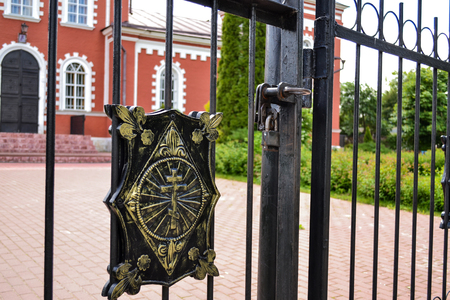
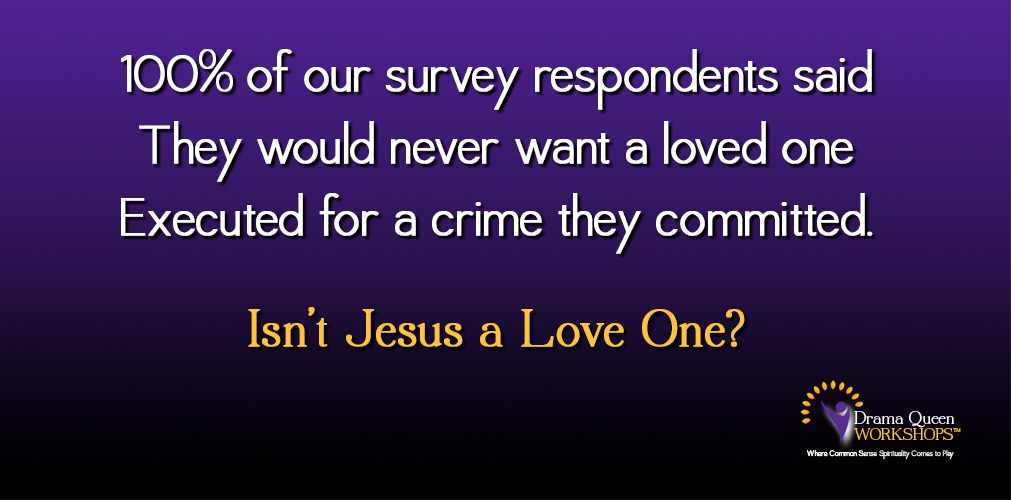







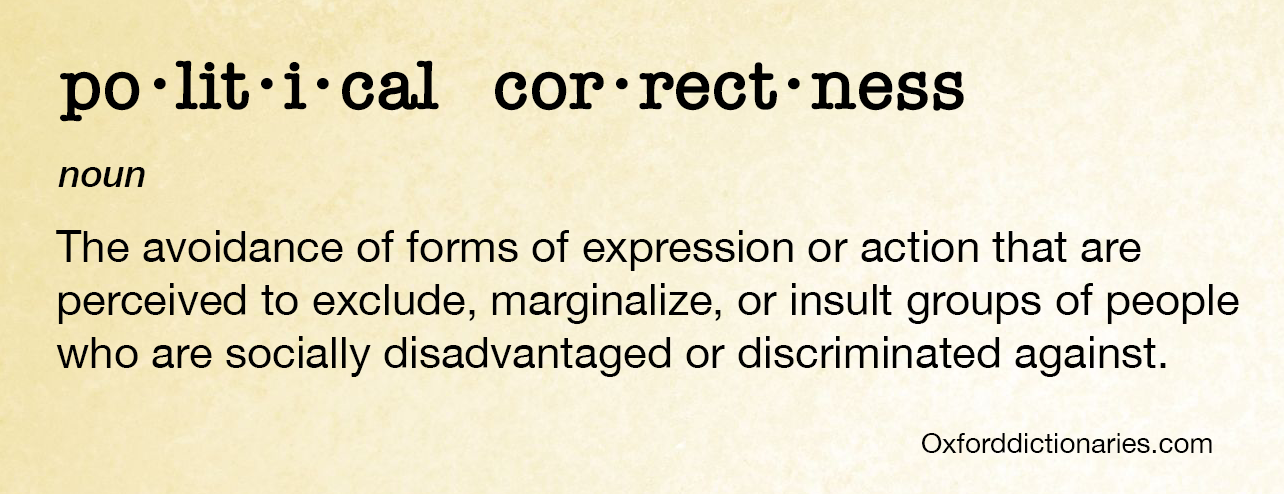
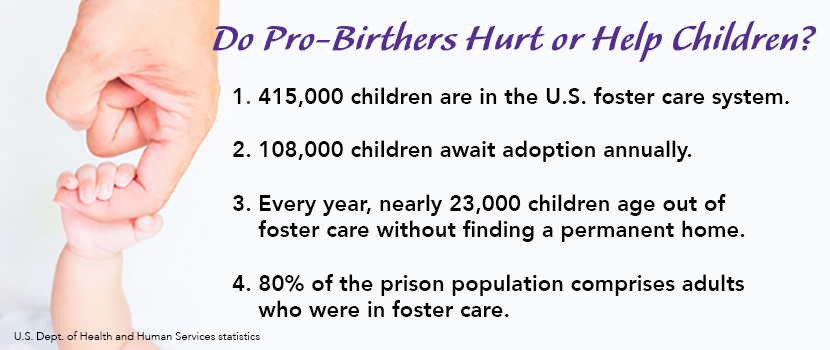




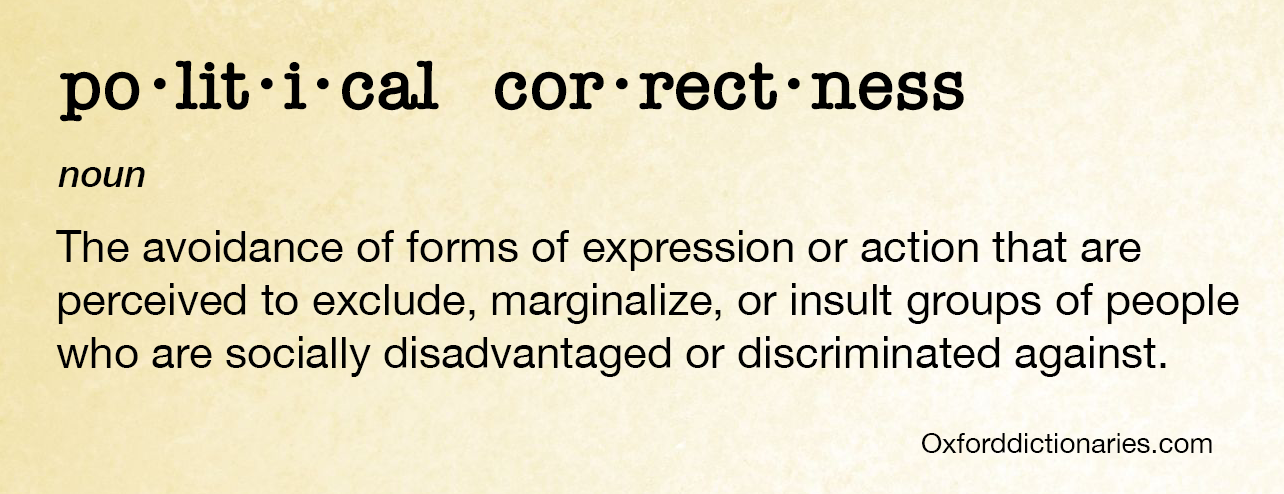
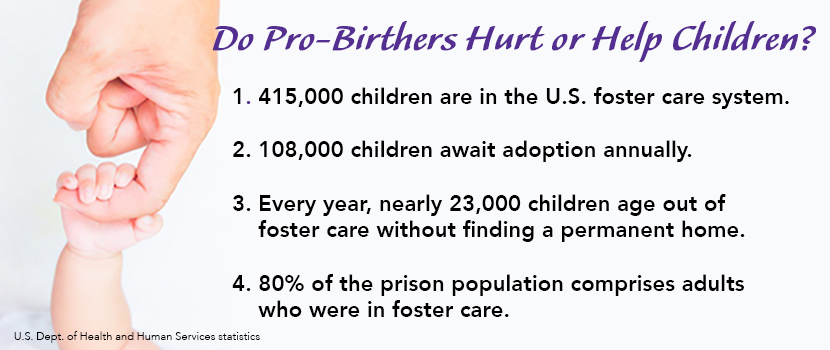








 How did the father react in Jesus’s story? He spotted his prodigal son from a distance and ran to greet him with open arms. He clothed him in fine garments and ordered a feast, much to the dismay of his older and much more respectful son.
How did the father react in Jesus’s story? He spotted his prodigal son from a distance and ran to greet him with open arms. He clothed him in fine garments and ordered a feast, much to the dismay of his older and much more respectful son.
